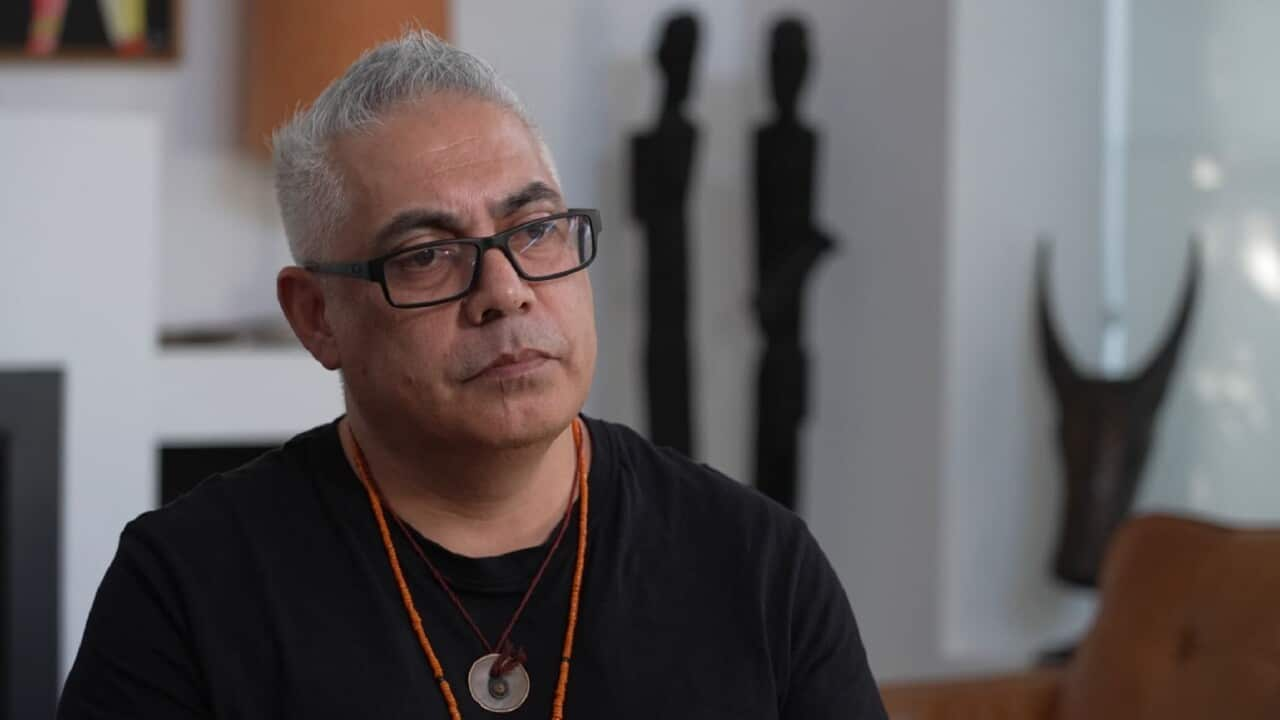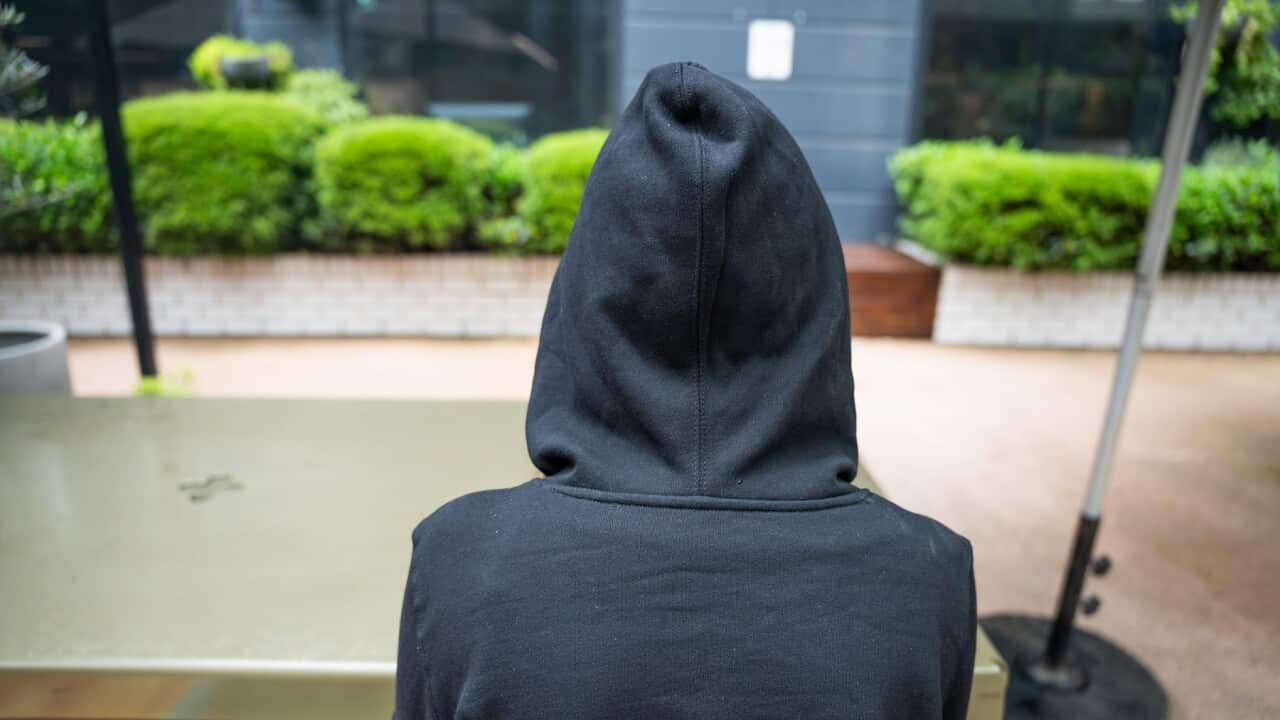Listen to Australian and world news, and follow trending topics with SBS News Podcasts.
TRANSCRIPT:
Jose Pires was 8 years old when his family fled violence in what was then known as East Timor in 1975.
After a three-day journey on a Norwegian cargo ship, they arrived in Darwin.
"We fled from our home to a house near the port and then we could not get there in the day, there was too much fighting, a lot of shooting around that I can recall and only early the next morning we were able to sneak in and managed to get onto the port."
The largest wave of Timorese migration occurred after the civil unrest and the Indonesian invasion in 1975.
Jose Pires again.
"My Auntie did not want to come, we sent word for her to come with her family but she did not want to leave, we later found out two years after that they were then killed, they were massacred by Indonesian forces when they came in."
That grief is shared by many in the Timorese diaspora, who have united in their experience of upheaval and survival.
This is Andre Monteiro, from the Timorese United Association in Sydney.
"In 1975 when the war broke out in Timor, it's hard. We were 11 brothers and sisters, now there are 3 survivors."
50 years on, the Timorese community has established strong roots in Australia, with large populations present in New South Wales, Victoria, the Northern Territory, Western Australia and Tasmania.
Andre Monteiro again.
"It is difficult to migrate to a new country, the language, the traffic, everything different, even the house and environment are all different. But I don't know why, by the Timorese people are very flexible, somehow we adapt."
Cultural festivals are crucial in preserving Timorese traditions. as is listening to the SBS Tetum program to continue a connection to language.
This is Ines de Almeida, Timor-Leste's ambassador to Australia.
"This is the way, because it's a way of connecting to the roots, it's going back to the roots, it's our heritage."
Timor-Leste achieved independence from Indonesia in 2002.
Jose says his father had always hoped to go home.
"His idea is that we were only going to be here maybe a few months and then return, the sad part about it is he died a year before Timor became free."
This anniversary is a chance to reflect on the past, but also to look to the future.













